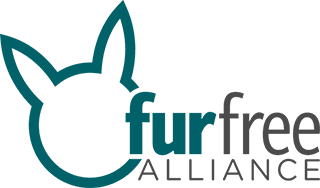
Dutch bank Rabobank cuts ties with fur industry
11 MAY 2018 – The Dutch bank Rabobank, a global leader in agriculture financing, has announced to end its facilitation of the fur industry. The move is part of a new sustainability framework policy that was published last week and sets out the bank’s renewed standards on livestock farming and animal welfare issues.
Cutting ties with the fur industry is entirely consistent with a bank that is headquartered in The Netherlands – a country that has banned and is currently phasing out fur farming – and the global shift away from the cruel and polluting practice of fur farming.
The new sustainability policy lists the fur industry as an excluded sector that does not ‘fit into the Rabobank’s profile’ and explicitly states the bank is now precluded from: “Taking on new clients involved in fur industries, or expanding existing relationships with clients involved in fur activities”. By adopting this policy now, the bank will also be able to refuse financing Dutch fur farmers seeking to expand or move their activities to other countries.
Furthermore, the document lists angora wool and traditional foie gras production as excluded activities and makes a number of forward-thinking animal welfare commitments, particularly with regard to cage-free production for laying hens and pigs. Read the Rabobank’s full Sustainability Framework Policy.
With the decision to drop its support for the fur industry the Rabobank follows in the footsteps of Dutch banks ING and ABN AMRO, which adopted a similar policy. However, since the Rabobank is the main financier of the Dutch fur farms this announcement is a serious setback for the industry.





